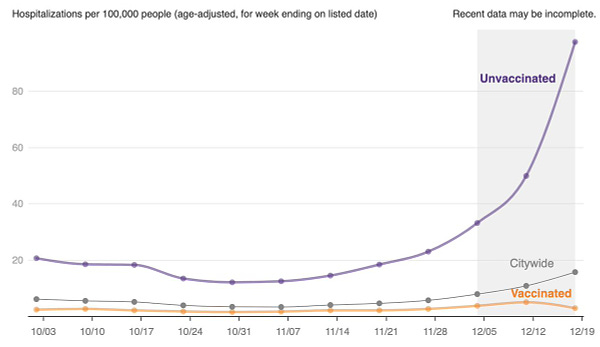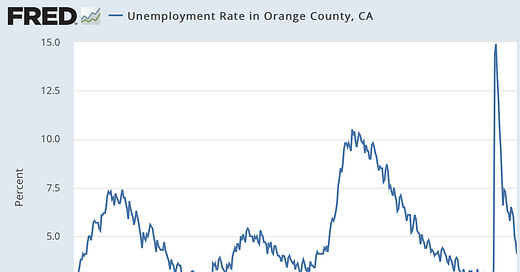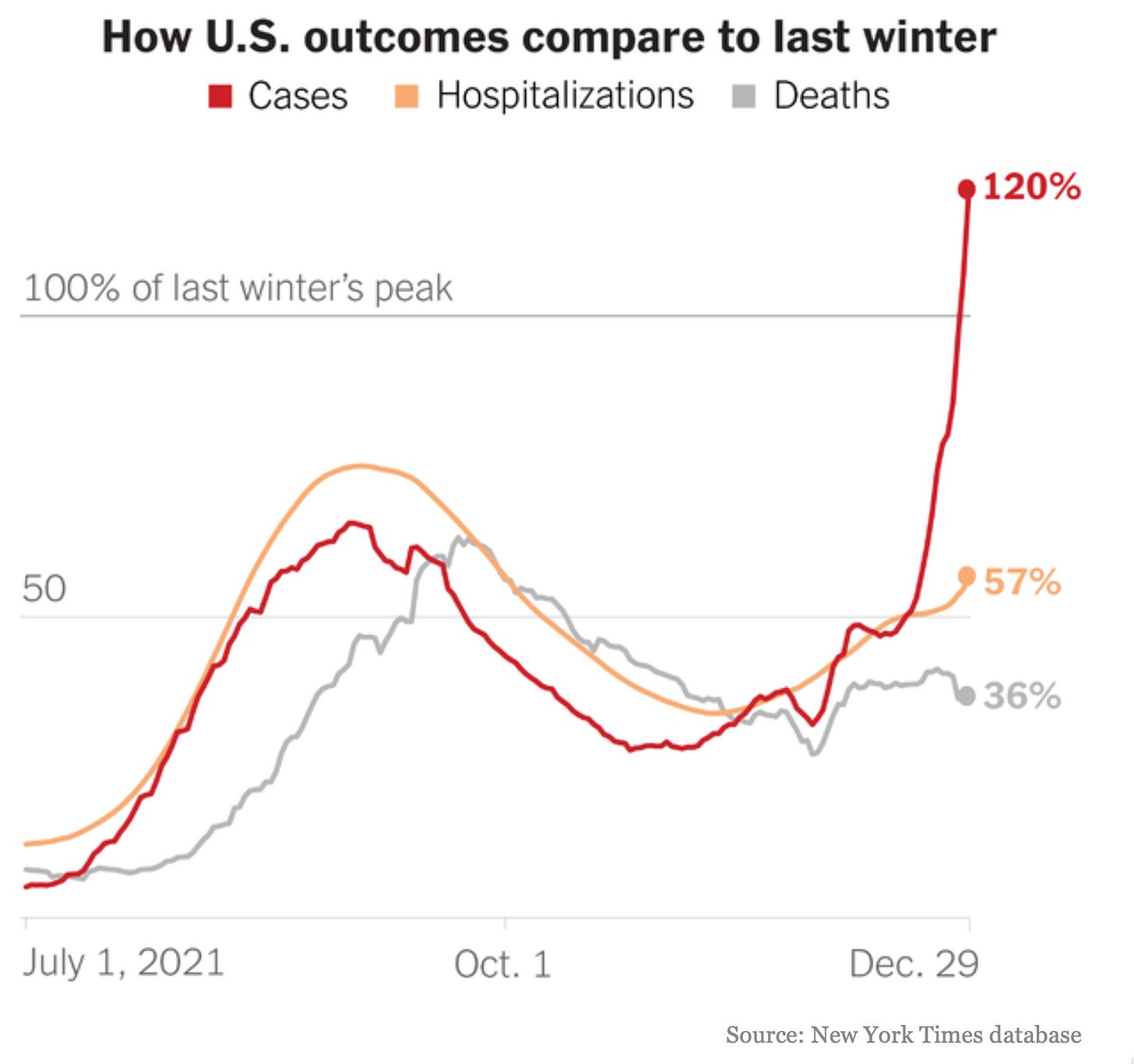Condition: FREEZING
A hard freeze in Berkeley is NOT what I signed up for. I hope we brought the banana tree inside in time…
First: Economic Creative Destruction in Los Angeles, 1989-1993
The stand-down from the Cold War was the first business cycle since the Great Depression to have even a semi-severe effect on Greater Los Angeles: IIRC, the regional unemployment rate rose by 4%-points. IIRC, half of the elevation was eliminated by, eventually, new industries other than aerospace moving in; and half by people moving out.
Now, of course, this was nothing new for modern industrial capitalism. handloom weavers of Silesia, of Scotland, and of the English Midlands were the first people under the hammer of a collapse in the demand for their kind of labor as the “destruction” part of Schumpeterian creative destruction wreaked its will on their sectors, industries, and regions. In America we had already seen this in the decline of the New England textile industry in the 1950s and 1960s, and in Midwestern manufacturing during the macroeconomic policy botch that was the Reagan deficit-and-dollar episode of the 1980s. Greater Los Angeles aerospace, however, was the first time it happened in California. And the whiplash was greater.
The whiplash was greater because the blue-collar aerospace workers of Greater Los Angeles had seen such a huge improvement in their styles of life over those of their fathers and grandfathers during the Great Depression. They were looking forward to the maintenance of their position. Their sons were looking forward to a similar upward leap. The aerospace jobs were unionized, they were skilled and semi-skilled (to the extent that there are such things, rather than strong unions), they were defense—hence benefitting from a semi-soft budget constraint—and they involved large, loud, noisy, and dangerous objects, which meant that those who did those jobs appeared very strong indeed. There was a status and material-prospects degradation in Massachusetts in the 1960s when a young guy who had been looking forward to a weaving-factory job found himself instead working at a Dunkin Donuts, hoping to make his way up to Assistant Manager. But Los Angeles aerospace was that squared.
The late Joan Didion did not have what I would call a deep social-scientific understanding of the process. But she did have an excellent novelist’s anthropological eye for Lakewood, CA, 1989-1993:
Joan Didion (1993): Trouble in Lakewood: ‘The sad, bad times began, most people will now allow, in 1989, when virtually every defense contractor in Southern California began laying off workers…. Rockwell had dropped five thousand as its B–1 program ended…. McDonnell Douglas asked five thousand managers to resign, then compete against one another for twenty-nine hundred jobs…. It was August of 1990 before most people noticed that the commercial and residential real-estate markets had dried up in Los Angeles….
People who work on the line in the big aerospace plants constituted, until recently, a kind of family. Many of them were second generation, and would mention the father who worked on the Snark missile, the brother who was foreman of a fabricating shop in Pico Rivera, the uncle who used to get what seemed like half the F–89 line out to watch Little League…. Lakewood exists because at a given time in a different economy it seemed an efficient idea to provide population density for the mall and a labor pool for the Douglas plant.
There are a lot of places like Lakewood in California. They were California’s mill towns, breeder towns for the boom. When times were good and there was money to spread around, these were the towns that proved Marx wrong, that managed to increase the proletariat and simultaneously, by calling it middle class, to co-opt it…. When towns like these came on hard times… their adolescent males… were most visibly left with nowhere to go….
LINK: <https://www.newyorker.com/magazine/1993/07/26/trouble-in-lakewood>
One Video:
Prince, Tom Petty, Steve Winwood, Jeff Lynne, & al.: While My Guitar Gently Weeps" <https://www.youtube.com/watch?v=6SFNW5F8K9Y>:
One Picture:
Very Briefly Noted:
Wikipedia: Parasocial Interaction: ‘A parasocial interaction… becomes a parasocial relationship after repeated exposure to the media persona causes the media user to develop illusions of intimacy, friendship, and identification…. Social media introduces additional opportunities for parasocial relationships to intensify because it provides more opportunities for intimate, reciprocal, and frequent interactions between the user and person… <https://en.wikipedia.org/wiki/Parasocial_interaction>
Alan Cole: Winnie the Pooh Should Have Been Free Decades Ago: ‘Copyright doesn’t need 95 years to get the job done… <https://fullstackeconomics.com/winnie-the-pooh-should-have-been-free-decades-ago/>
Mark D. Levine: ’"Who is filling up the hospitals… as omicron surges? Answer: it’s still the unvaccinated… 32 times more likely to land in the hospital vs. vaccinated. You don’t want those odds. Get vax’d now:


Paragraphs:
Harold James: The Clash of Cultures: ‘Before the COVID–19 pandemic, the terms of every political debate were set by four binary choices: globalization versus the nation-state; capitalism versus socialism; technocracy versus populism; and multilateralism versus geopolitics. These debates are now outdated. In each case, there is a glaring need for different options…. We need an intellectual decluttering…. In place of an attic cleanup would be a debate to identify defunct concepts…. Culture wars feed on old, empty nostrums. To stop the useless fighting, we need to discard anything that does not spark creativity…
Jens van ’t Klooster: Technocratic Keynesianism: A Paradigm Shift without Legislative Change: ‘A move away from the market liberal paradigm that informed the 1992 European Economic and Monetary Union (EMU). The 1992 EMU combines a highly restrictive attitude to public money creation with a permissive laissez-faire attitude to private credit money…. EU technocrats have abandoned key tenets…. The European Central Bank provides targeted and large-scale support for pandemic-related fiscal expenditures. Banking regulators and supervisors actively guide the allocation of credit with an eye to its economic and environmental impact. However, constitutional structures lag ideational shifts and the new technocracy is haunted by issues of legality and legitimacy…. Policymakers engage in strategic ambiguity: the policies are justified in terms of both new economic policy priorities, as well as by reference to the instruments and goals of the earlier market liberal paradigm…
LINK: <https://www.tandfonline.com/doi/full/10.1080/13563467.2021.2013791>
Nate Silver: ’Only in the 13th paragraph do you learn that only about 300 people are hospitalized with COVID on an island of 3 million, which is exceptionally good news and testament to the power of the vaccines…. Frances Robles: Puerto Rico Faces Staggering Covid Case Explosion: ‘The island had a 4,600 percent increase in cases in recent weeks after mounting one of the nation’s most successful vaccination campaigns…. Daily case count had surpassed 11,000…. Armed with her vaccine passport and a giddy urge to celebrate the holiday season…. Three days later, she was sick with Covid–19, one of about 2,000 people who fell ill as a result of the two-day event. “We did so well; we followed the rules,” said Ms. Delgado, a 53-year-old interior designer. “We followed the mask mandate. Our vaccination rate was so high that we let our guard down. The second Christmas came, we were like, ‘We’re going to party!’” The superspreader concert helped usher in an explosion of Covid–19 cases in Puerto Rico, which until then had been celebrating one of the most successful vaccination campaigns in the United States….. While the Omicron variant has besieged the entire country, it is especially worrisome in Puerto Rico…. Rafael Irizarry, a Harvard University statistician who keeps a dashboard of Puerto Rico Covid–19 data, tweeted the daunting facts: A third of all coronavirus cases the island has recorded since the start of the pandemic occurred in the past month. The number of cases per 100,000 residents jumped to 225, from three, in three weeks. In December, the number of hospitalizations doubled—twice…
LINK: <https://www.nytimes.com/2022/01/02/us/coronavirus-puerto-rico.html>
David French: The Places Where Truth Goes To Die: ‘How do I make my point in a way that skeptical and hostile readers will hear it and consider it, rather than simply dismissing it out of hand as the bigoted rantings of a hateful Evangelical? After all, I don’t just want to be heard. I want to persuade. I believe what I’m saying is true, and I want readers to at least consider my words…
LINK:
PAID SUBSCRIBER ONLY Content Below
Somewhat bizarrely, people on Twitter are making me think that there are, actually, people out there who think the defense of slavery was THE principal cause of the American Revolution, rather than just A principal cause. I had thought that the historical process had produced enough whitewashing that it was important to put a stake in the ground for the “A”; I had not thought it was important to put a stake in the ground against the “THE”.
After all, the conventional story of the American Founding is that it has two moments: July 4, 1776; and July 3, 1863—with the second and its attendant Blood Sacrifice of 400,000 young men to repair the flaws and errors of the first as what made us who we are today, and made us not completely unworthy to stand in the sight of the LORD, that it may go well with us. The glory and triumph of Nikole Hannah-Jones and company is their rightful and just adding of “August 25, 1619” to the 1776 and 1863 dates:
American Nationalisms & the American Revolution
There were three flashpoints for the American Revolution: Virginia, Philadelphia, and Boston, of which Boston was the hottest.
1. Virginia was the seat of the slaveholders, exercising dominion, and their dominion made them terrified both that Westminster might reduce them to the status of slaves, and also that Westminster—composed entirely of people whose benefits from slavery were indirect—might in a fit of morality take their slaves away from them. Cf. Edmund S. Morgan: American Slavery, American Freedom
2. Philadelphia was the seat of powerful mercantile fears that Britain's long-run object was to treat the colonies, well, like colonies—to extract as much as possible from them, and keep them poor as sources of imperial wealth.
3. Boston was the seat both of mercantile fears, and also of a very strong anti-aristocratic pro-congregationalist utopian quasi- and actually religious current: that America was tasked by the LORD to be a Godly utopia, but that British rule was turning New England into, well, a New England—with near-serfs on the one hand and aristocrats on the other, the latter of whose power and wealth would come from their connections to the corrupt Court and Parliament.
Boston's attitude toward Virginia was one of suspicion. I keep coming back to Abigail Smith Adams writing to her husband John Adams in the early spring of 1776:
Abigail Smith Adams: "Virginia.... Are not the Gentery Lords and the common people vassals, are they not like the uncivilized Natives Brittain represents us to be? I hope their Riffel Men who have shewen themselves very savage and even Blood thirsty; are not a specimen of the Generality of the people.... I have sometimes been ready to think that the passion for Liberty cannot be Eaquelly Strong in the Breasts of those who have been accustomed to deprive their fellow Creatures of theirs. Of this I am certain: that it is not founded upon that generous and christian principal of doing to others as we would that others should do unto us."
Abigail Smith Adams is not sure whether or not a Boston yoked as a junior partner to Virginia might not be in a worse pickle than a Boston under the thumb of Westminster. She, at least, is not going to war for the sake of protecting slavery.
LINK:
LINK:










Oh, and regarding Covid:vaccinations, it could well be that Covid will literally kill off enough Republicans in Arizona, Georgia, and some other states to afford Democrats another 2 years of a Senate majority.
Regarding Winnie the Pooh, that's the perfect example of how a perfectly reasonable idea has been captured by the very powerful and rich to become more so. Not only is A.A. Milne long dead, so is Christopher Robin! (d. 1994). They don't need the income, they don't get the income, there is no incentive to create afforded by the loooong copyright period; so it's just a scam.